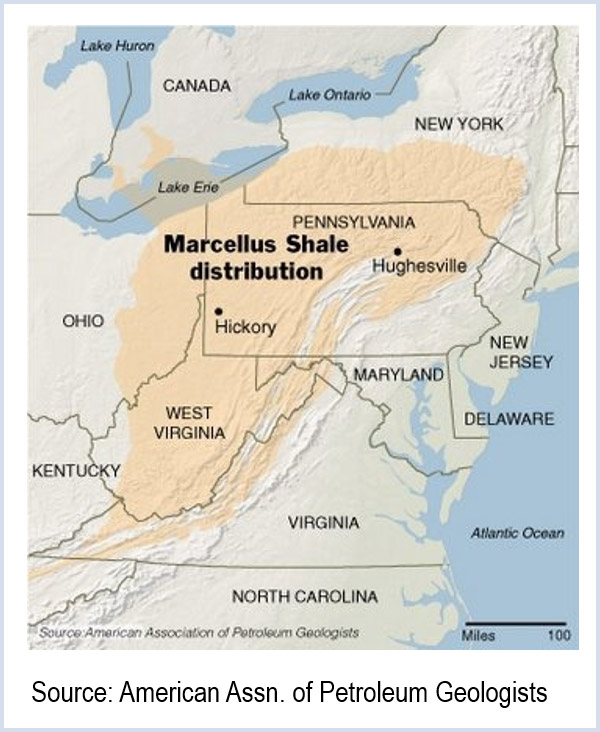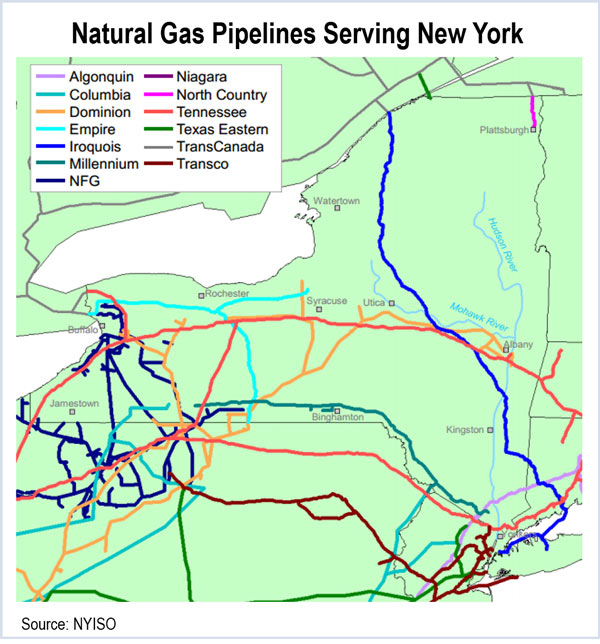New York Gov. Andrew Cuomo’s administration last week banned hydraulic fracturing (fracking) in the state, saying there was insufficient data to overcome concerns over the practice’s health risks.
The long-delayed decision came during a year-end cabinet meeting after the state Department of Health completed a two-year review of the controversial technique to extract natural gas from deep shale formations.
“I have considered all of the data and find significant questions and risks to public health, which as of yet are unanswered,” acting DOH Commissioner Dr. Howard Zucker said. “I think it would be reckless to proceed in New York until more authoritative research is done.”
The Marcellus Shale formation extends from West Virginia, through Pennsylvania and Ohio, to western New York.
In 2012, the Department of Environmental Conservation asked the DOH to review its draft Supplemental Generic Environmental Impact Statement for High-Volume Hydraulic Fracturing (SGEIS). Prior to the health study, the DEC had conducted its own studies dating back to 2008.
The Health Department said it found significant “uncertainties about adverse health outcomes” and inadequate mitigation measures to protect public health.
The department said several years of study are needed to determine how much risk is associated with fracking. “Until the science provides sufficient information to determine the level of risk to public health from [fracking] to all New Yorkers and whether the risks can be adequately managed, DOH recommends that [it] should not proceed,” the department said in the study.
The ban is unlikely to slow the shift to gas-fired generation in the state, however. According to the U.S. Energy Information Administration, the state generated nearly 60,000 GWh from natural gas in 2012, more than double the output in 2004.




